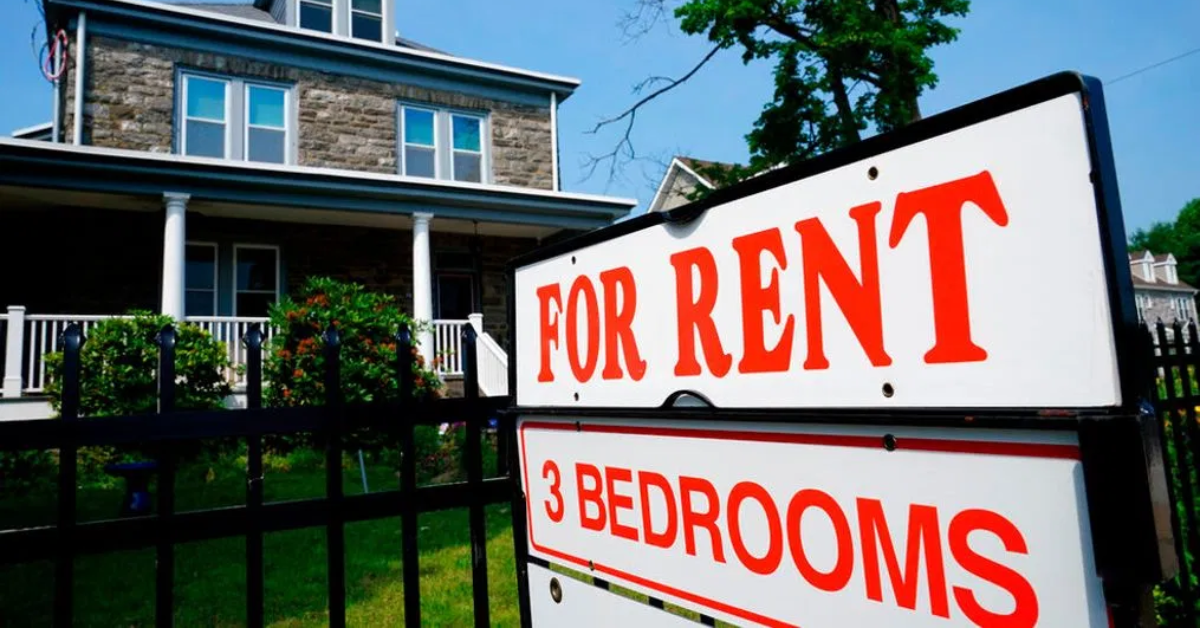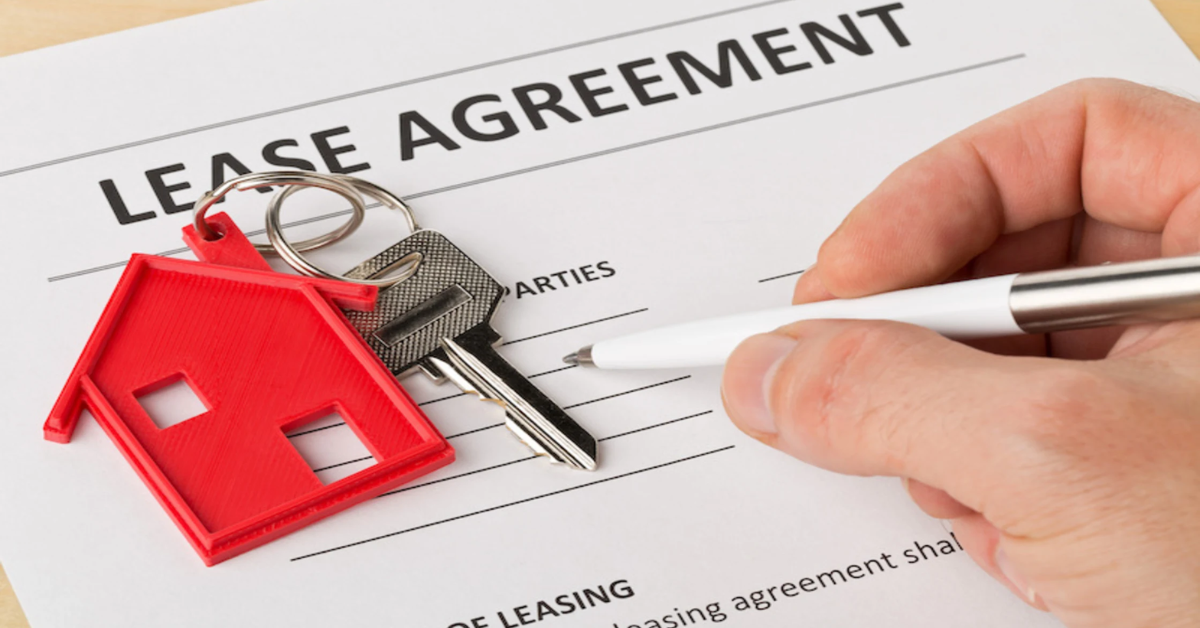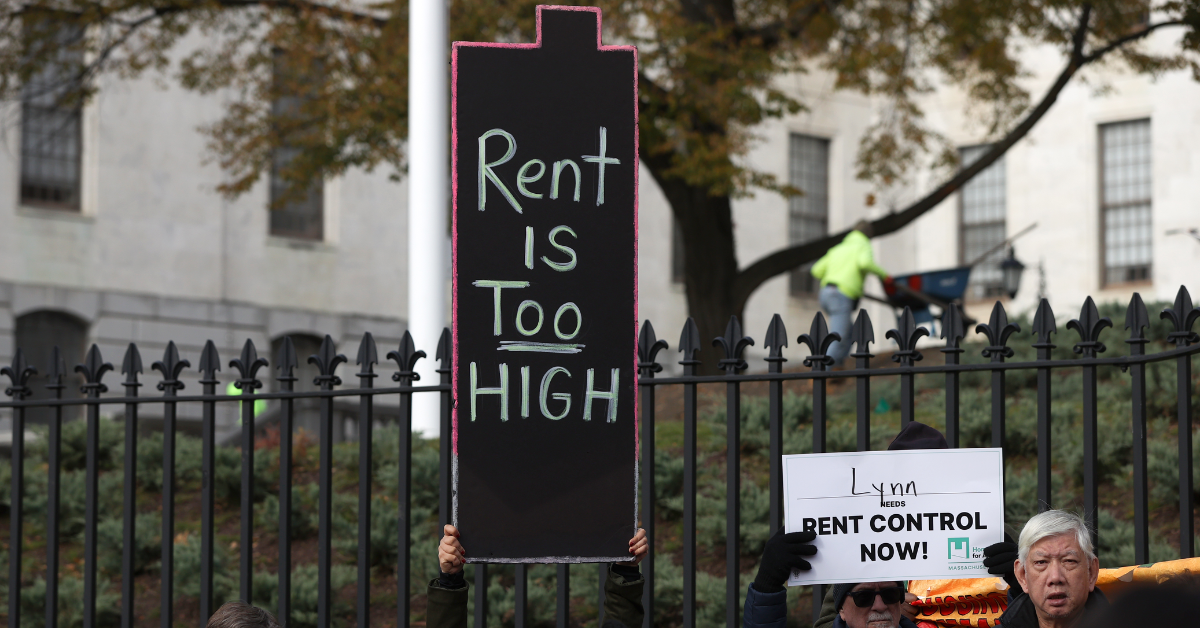Moving to a new home or continuing in your current rental can bring up questions about rent increases, especially in places like Tennessee where laws might change. As 2025 approaches, understanding the rent increase regulations is crucial for tenants to avoid surprises and plan their budgets wisely. This article breaks down the key points of Tennessee’s rent increase laws, offering clear information for everyone.
Whether you are a student, a young professional, or just starting to explore renting, knowing these laws helps you protect your rights. With so many people affected by changes in housing costs, staying updated is the first step toward making smart rental decisions. Let’s dive into what Tennessee tenants should expect in 2025.
How Rent Increase Rules Work in Tennessee
Unlike some states that have strict limits on how much landlords can raise rent each year, Tennessee currently has no statewide rent control or official limits on rent increases. This means landlords can raise rent as they wish, as long as they provide proper notice. According to the Tennessee Housing Development Agency, landlords must give tenants a written notice at least 30 days before a rent increase takes effect if the lease is month-to-month or has already expired.
For fixed-term leases, such as one-year agreements, rent cannot be increased until the lease term ends unless the contract specifies otherwise. This is important for tenants because understanding lease terms can save you from unexpected rent hikes during your lease period.
Notice Periods and Tenant Rights in Tennessee
Tenants must receive adequate notice before any rent increase. Per Tennessee Code Annotated § 66-28-301, for month-to-month leases, landlords must provide a 30-day written notice of any rent changes. This gives tenants time to decide if they want to continue renting at the new price or look for other options.
It’s advisable for tenants to keep all communications with landlords in writing to prevent misunderstandings. If you receive a rent increase notice and feel it is unreasonable, you may want to negotiate with your landlord or seek advice from local tenant organizations in Tennessee.
What To Do If You Can’t Afford a Rent Increase
If faced with a rent increase you cannot afford, the first step is to talk openly with your landlord. Sometimes they might be willing to negotiate or delay the increase. Additionally, tenants can explore rental assistance programs available across Tennessee. The [U.S. Department of Housing and Urban Development (HUD)](https://www.hud.gov/states/tennessee) offers several resources that could help renters struggling with higher costs.
In more challenging cases, you might consider consulting a legal aid organization. Groups like [Legal Aid Society of Middle Tennessee and the Cumberlands](https://las.org/) provide free or affordable legal advice to tenants facing housing problems.
Understanding Market Factors Affecting Rent in Tennessee
Rent prices depend on many factors such as demand, location, and inflation. Over recent years, Tennessee cities like Nashville and Memphis have seen rent increases due to growing populations and economic shifts. The National Multifamily Housing Council reports that such trends affect rent affordability, making it even more important to be informed about your rights.
By knowing minimum notice requirements and keeping an eye on market trends, tenants can better prepare for any unexpected rent hikes. Budgeting ahead and understanding local laws keeps renters in a stronger position during lease renewals.
Final Tips for Tennessee Tenants in 2025
Always read your lease carefully and clarify rent increase policies before signing. Stay informed about local laws by visiting official Tennessee government websites or tenant rights groups. Document any rent increase notices and keep communication professional and clear. If unsure about your rights, seek advice early to avoid problems later.
For the latest rent laws and updates, tenants can visit trusted sites such as the [Tennessee Housing Development Agency](https://thda.org/), HUD, or local tenant advocacy organizations. Being proactive is your best defense against unexpected rent increases in 2025.







